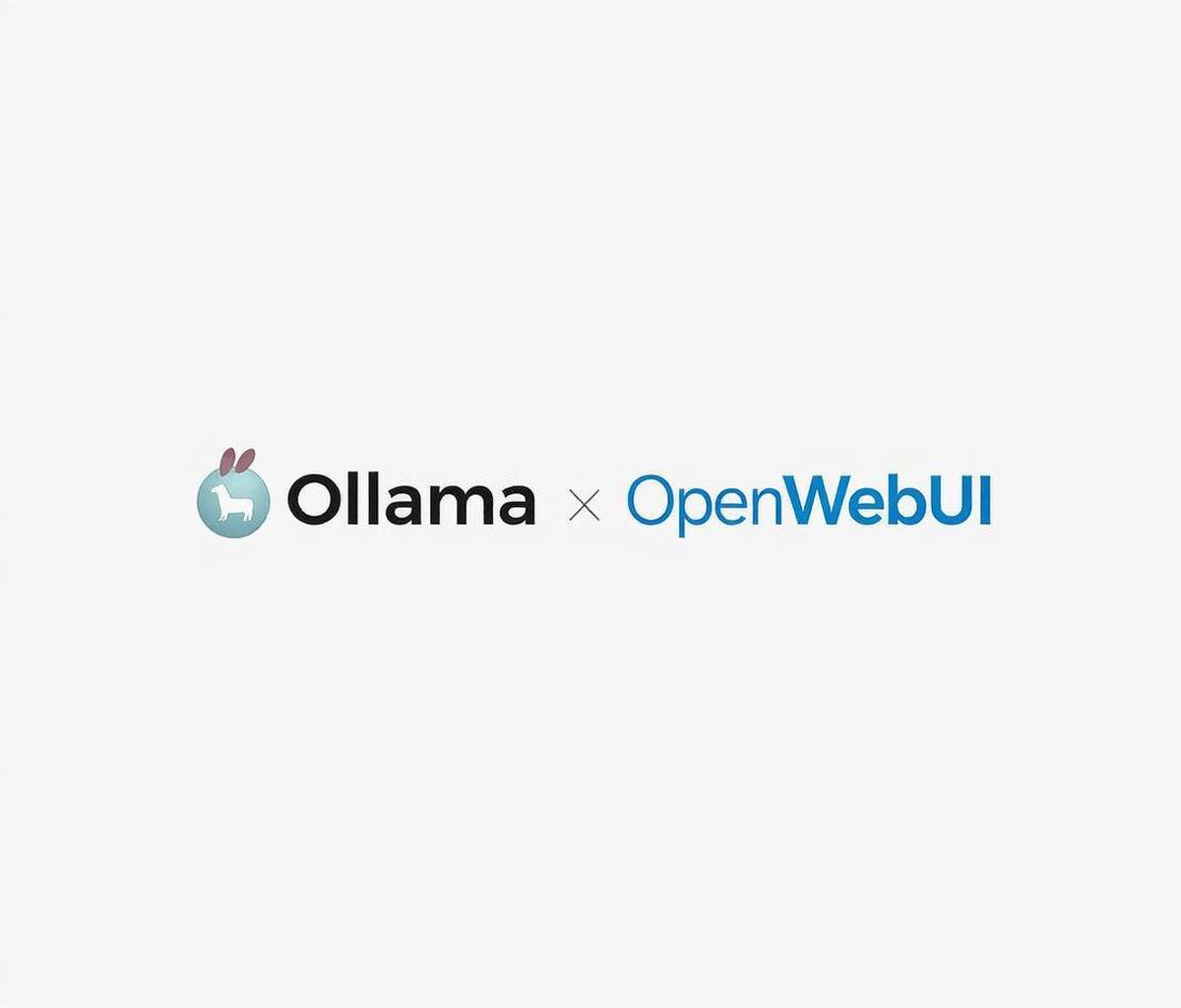If you're exporling local host, we highly recommend checking out Sahib’s insightful article host your AI locally using Ollama and OpenWebUI, and with his kind permission, we’re excited to share it on our official blog. This post offers a great introduction to local host, and in this article, we’d like to expand on those ideas with additional insights from our platform’s perspective.
You want to integrate the AI into your products or tools for better and easier use, so you turn to call an API instead of uploading or pasting files and links to AI web-based or app-based windows.
While APIs serve as an excellent entry point, relying on them long-term is akin to outsourcing your company's core brain. It means sending your most sensitive data to a third-party black box, accepting the one-size-fits-all limitations of a generic model, and subjecting your application's performance to the whims of public network latency and another company's server uptime. Perhaps most critically, it means paying a perpetual and unpredictable "token tax" that penalizes your own growth—the more comprehensive your project is, the higher your bill.
There is a better, more powerful path forward. By hosting open-source models locally on dedicated, high-performance GPU infrastructure, you reclaim control. This guide makes the definitive case for why this strategic shift is no longer a niche technical decision, but a business imperative. This is the blueprint for transforming AI from a costly operational expense into a wholly-owned, strategic asset that builds a lasting competitive moat.
1. Data sovereignty and compliance
When you call an API, your sensitive data—whether it’s user information, intellectual property, or financial statements—needs to be sent to a third-party server. Local hosting means that the data never leaves your secure environment, virtually eliminating the risk of third-party data breaches.
Also, some API providers may use customer data to train their future models. Local hosting ensures that your proprietary data will not become the “feedstock” for other people’s models, protecting your core intellectual property.
2. Escape from the 'Token Tax'
Let's start by explaining the API model simply: you pay for every request, often measured in 'tokens'. This is fine for low-volume testing. But as your application scales and you process millions of user queries, documents, or images, this token tax becomes an unpredictable and exponentially growing operational expense. Your success is penalized with higher costs.
Now, plenty of world-class LLMs (such as Llama, Mistrial, and Deepseek) are freely available. Their performance rivals—and in some specific tasks, even surpasses—the expensive, closed-source models behind public APIs. There are no licensing fees. There are no per-token charges. You can download and use them as much as you want.
3. More Stability
Host AI locally means that it is more stable. Imagine you need ChatGPT to help you finish a task, but it is down (we've been through it). However, if you host your AI infrastructure locally, you can avoid a lot of risks. Local processing of data does not require a long round-trip over the public network, which greatly reduces latency; public API services may become slow or even unavailable due to a surge in user traffic or attacks, and having a dedicated GPU server means you have exclusive computing resources to ensure continuous stability and high performance of the service.
4. Easily deployed on RunC
RunC.AI, a neutral, powerful GPU rental platform, offering a variety of GPUs for your use. We have already had a successful case of hosting all your AI locally on RunC platform. This tutorial is comprehensive and easy to read. You can read this article below to figure out how it works, and if you want, try to host your AI on RunC with 100% data safety.
About RunC.AI
Rent smart, run fast. RunC.AI allows users to gain access to a wide selection of scalable, high-performance GPU instances and clusters at competitive prices compared to major cloud providers like Amazon Web Services (AWS), Google Cloud, and Microsoft Azure.


